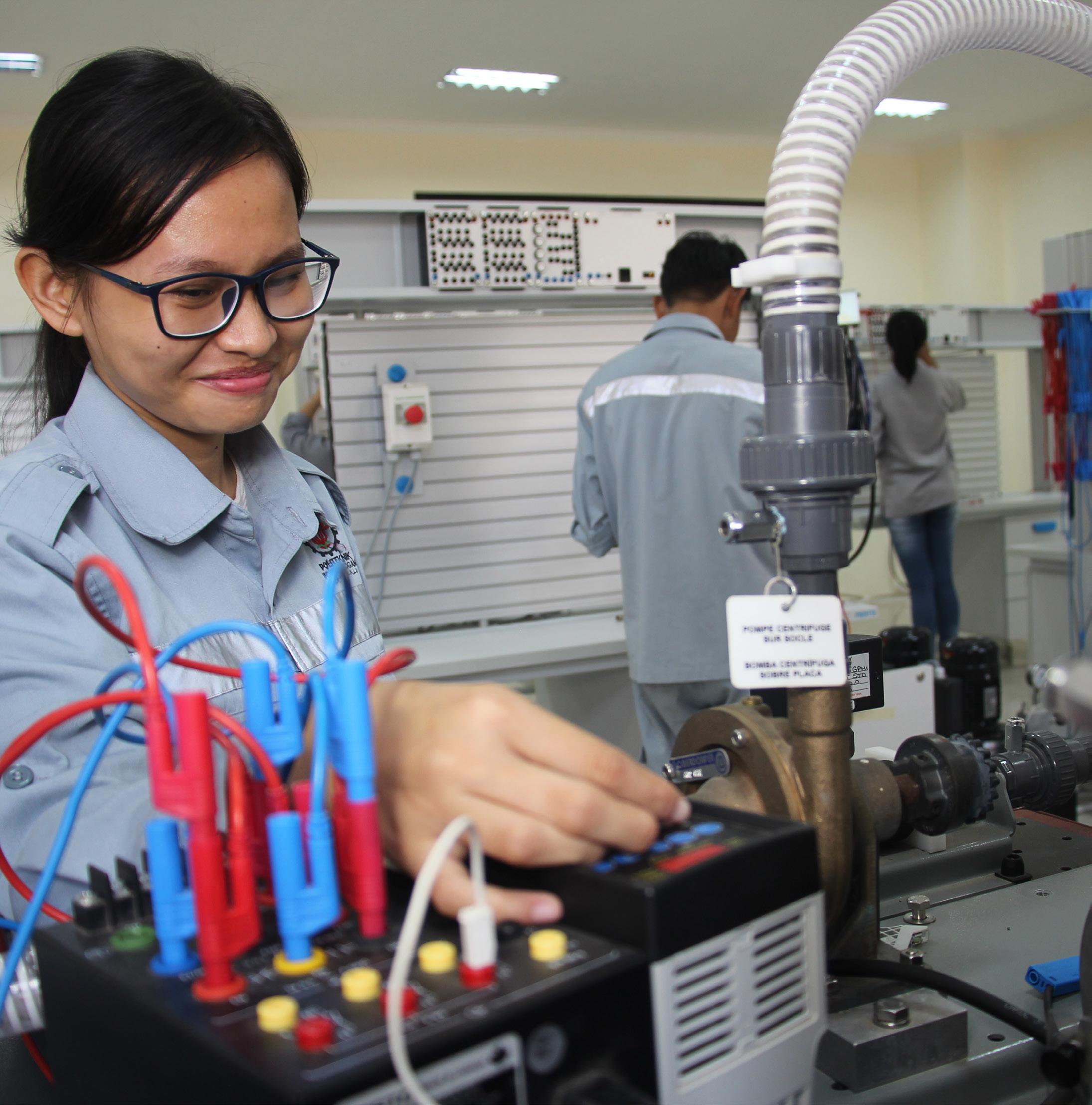

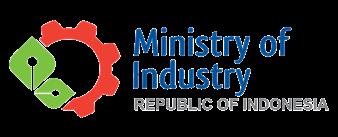
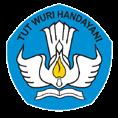

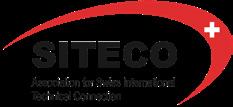
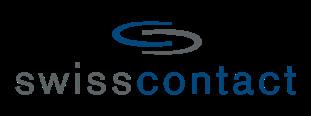








S4C
Skills for Competitiveness (S4C), funded by Swiss State Secretariat of Economic Affairs (SECO), is collaborating with Indonesian line ministries and industries to establish a dual vocational education and training (dVET) system through selected polytechnics and community academy in metal, manufacturing, petrochemical, food and furniture/wood sectors, which are among key contributors to the national economic development. The main outcome will be competent graduates employed by industries. S4C implementation started in February 2018 and ended in December 2023.
Partners: Bern University of Applied Sciences (BFHCDC), Association for Swiss International Technical Connection (SITECO), Agency for Industry Human Resource Development (BPSDMI) of the Ministry of Industry (MoI), and Directorate General for Vocational Education of the Ministry of Education, Culture, Research and Technology (MoECRT).

The S4C Project Phase I (2018-2023) aimed to address labour market challenges in Indonesia, particularly issues related to demand-supply and skills mismatch. S4C focused on strengthening the relationship between the education system and the employment system to enhance Vocational Education and Training (VET) and improve the employability of graduates. S4C’s primary goal was to contribute to the improvement of the private sector competitiveness by educating high-quality graduates from vocational education.


““After six years of operation in Indonesia, S4C and its partners successfully completed programs in polytechnics development and systemstrengthening components. S4C has gained experiences and learnings in piloting key dVET elements at polytechnics and companies as solutions to match graduates’ skills with industry needs.”
Daniel Weibel
S4C Project Manager
Country Director of Swisscontact Indonesia
The collaboration between Skills for Competitiveness (S4C) and the Agency of Industrial Human Resources Development (AIHRD) has achieved significant improvements and successes. The evaluation of programs during this period highlights contributions to solve labor market challenges, as well as improving the link and match between labor demand and supply by reducing skills gaps. Moving forward, the AIHRD and S4C are committed to continue strengthening collaboration, exploring innovative approaches, expanding reach, and addressing specific skills shortages to further enhance the impact on Indonesia’s industrial workforce.”
Wulan Aprilianti Permatasari Head of Center for Industrial Vocational Education Development (CIVED) AIHRD, Ministry of Industry
In Phase II, Skills for Competitiveness (S4C) and the Sustainable Tourism Education (STED) projects will be managed under the umbrella of the Swiss Skills for Competitiveness (SS4C) Program. SS4C will focus to strengthen incentives and capacities of public and private dVET service providers thus the graduates’ skill will match industry needs and led to improvement of the small and medium enterprises’ (SMEs) productivity and eventually will affect industry competitiveness in Indonesia. The primary emphasis is to institutionalize and sustainably scale the key dVET elements at polytechnics and companies through strengthening the dVET ecosystem of selected industry sectors at selected locations in Indonesia.
SS4C will collaborate with various stakeholders across different levels of the Indonesia dVET ecosystem, including micro, meso, and macro levels, rather than exclusively engaging with the polytechnics directly. These stakeholders, such as AIHRD-Ministry of Industry (MoI), HR Development Center-Ministry of Tourism and Creative Economy (MoCTE), the national and regional chamber of commerce, associations, lead companies, private service providers, and both public and private polytechnics, are anticipated to play a crucial role as facilitators and amplifiers in expanding the broader implementation of dualized VET components to other VET institutions and businesses.
Pillar 1 - Industry-Based Curriculum
1. Industry-Based Curriculum Development
a. SKKNI (National Competency Standards)
b. Industry input on course design, semester learning plans, modules
c. STEM (Science, Technology, Engineering, Mathematics)
2. Industry-Based Curriculum Implementation
a. Project based learning (PBL)
b. Competency based training (CBT)
c. Two- learning venues at school and company (at least 6-12 months internship)
d. Ratio of practical vs classroom training (at least 50% : 50%)
3. Competency certification
• Certification schemes
• Competency test materials
• Competency assessors
• Testing centres
ownership and implementation
Pillar 2 - Competent Poly Lecturers and Company Trainers
1. Lecturers and trainers
• Poly: Competent management, lecturers, staff
• Company: Qualified In-Company Trainers (In-CT)
2. Industry lecturers
• Recognition of Prior Learning (RPL)
• Upskilling
Pillar 3 - Practical Facilities
Practical facilities
• Poly: Workshop, lab, Teaching Factories (TeFa)
• Company: On the job training, training corner, industry classes




“Through the training program organized by the Polytechnic in collaboration with S4C, I experienced a significant improvement in technical capacity and teaching methodology. The implementation of the new teaching methods I learned directly had a positive impact on students’ interest and understanding in both the classroom and the laboratory. Overall, this collaboration not only enriched technical abilities but also expanded professional networks, making a positive contribution to the development of technical education at the Polytechnic.”
Ika Fitriani Juli Palupi, Lecturer of Chemical Mineral Engineering Polytechnic of Morowali Metal Industry (PILM)
”Without having any initial expectation, attending the In-CT training turned out to be one of the turning points in my life, because not only me but my company equipped to carry out internships with proper and effective procedures, Moreover, I learned a lot from this training, ranging from dealing with social issues in the office/internship to financial benefits through internship programs. The expansion of my network by meeting friends and facilitators greatly supports me in continuously developing my knowledge by learning from all colleagues. Certainly, this training should not be missed by Human Resources (HR) practitioners and business leaders in the company!”
Arroya Triannisa, Master InCT & Region Sr.HR Leader at General Electric
“The curriculum implemented at the Polytechnic has greatly assisted me in mastering the technical competencies I need. The dual system learning provides a holistic experience, not only theoretical but also practical, making me more prepared to face the industrial world. The industrial internship program also offers a real glimpse and valuable career preparation.”
Neni Khoerunnisa, Polytechnic of Furniture and Wood Processing Industry (Polifurneka) Production Planning & Inventory Control (PPIC) Officer at Kawan Lama Group Manufacturing
“My education has provided relevant preparation for my job. The learning experience has been helpful, but there is a need for improvement in both the learning and teaching processes. I hope for further enhancements to enrich the quality of education and enhance students’ understanding of workplace ethics.”
Pajar Bayu Purnomo Asis, Bantaeng Manufacturing Community Academy Laboratory Sampler at PT Hengseng New Energy Material Indonesia

Swisscontact | Swiss Foundation for Technical Cooperation
AIA Central, 41st floor, Jl. Jend. Sudirman Kav. 48A
Jakarta Selatan, 12930, Indonesia
Phone +62 21 2527 600
id.info@swisscontact.org
Swisscontact Indonesia
www.swisscontact.org/indonesia